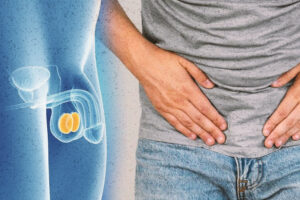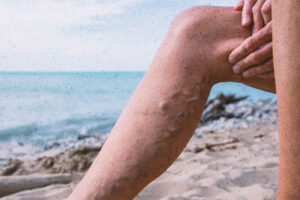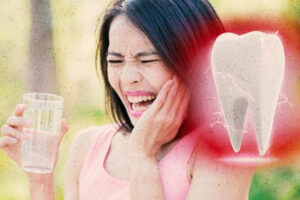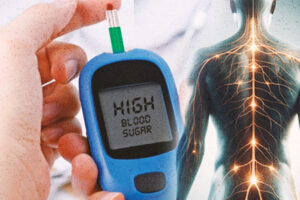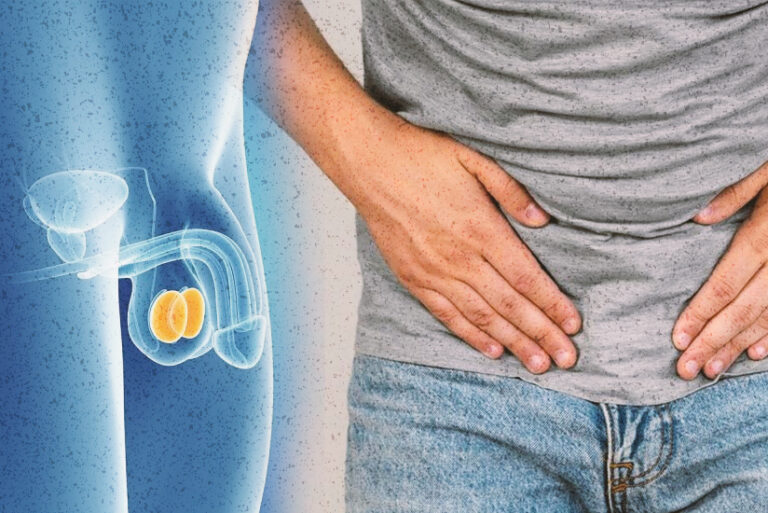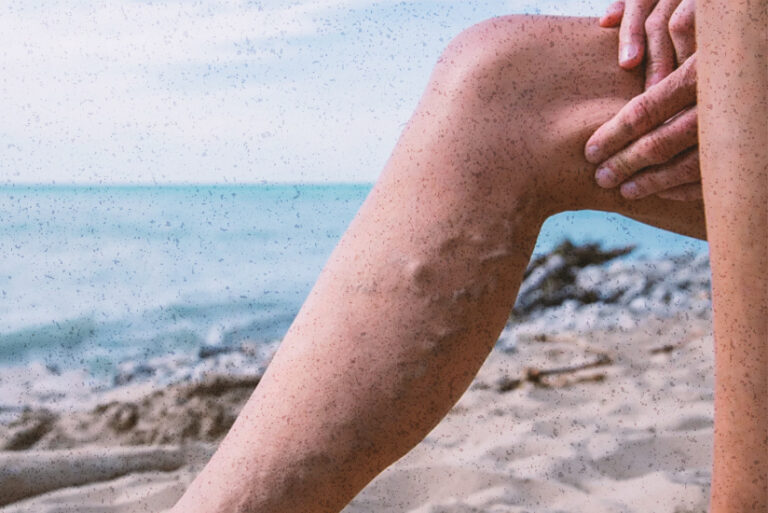Text and Photos by Leandrae T. Lapinig
You attended a birthday party last night and you gulped too many drinks. This morning, your body is paying for all that booze. You have that headache with throbbing pain at the temples that gets worse when you move. You think you’ll explode if you dare open your eyes.
The alcohol you had taken likewise inflamed your stomach lining causing nausea, vomiting, and stomach pain. Since your stomach produces excess acid, it delays the movement of your stomach contents into smaller bowels, further contributing to nausea and vomiting.
As alcohol is diuretic, your body increases urine production, thus depleting your body fluid. Your unquenchable thirst compounds your headache pain.
But those are not the only symptoms. You may also experience the following: fatigue, body aches, diarrhea, flatulence, weakness, elevated body temperature and heart rate, hypersalivation, difficulty concentrating, sweating, anxiety, dysphoria, irritability, sensitivity to light and noise, erratic motor functions (including tremor), severe hunger, halitosis, and lack of depth perception.
“Every morning, my hangover feels like being born again,” wrote Rasmenia Nassiyd in You Don’t See Any of This. “My head throbs, like being squeezed and pushed out, fists trembling, throat grunting and wailing in protest of the light, screaming for the comfort of warm, dark silence.”
Here’s what Jeff VanderMeer experienced. “I’d wake in the morning, my head fuzzy, sometimes with someone I knew but who was a stranger just leaving, and realize I was one day closer to the end of it all,” he wrote in Annihilation.
“A hangover develops when blood alcohol concentration (BAC) returns to zero, and it is characterized by symptoms provoked by having drunk too much,” explains Dr. Erik Skovenborg, a Danish specialist in family medicine who has developed a deep interest in the health implications of drinking.
The 2010 Alcohol Hangover Research Group consensus paper defined a cutoff BAC of 110 milligrams of alcohol per 100 milliliters of blood as a “toxicological threshold” indicating that sufficient alcohol had been consumed to develop a hangover.
It’s not only men who suffer from hangovers, women too. In fact, women have a higher risk of hangovers than men. “The body’s water content is to blame for a woman’s more potent hangover,” wrote Lauren Cahoon Roberts, My Health News Daily contributor. “While all humans are roughly 80% water, this varies between the sexes. As a percentage, women have less body water due the fact that they have more body fat (which holds less water) while men have more muscle (which is made up mostly of water).”

When people drink, they also smoke. That’s a double whammy. “Not only are cigarettes bad for your overall health, but they can also make your hangover that much worse the next morning,” Roberts wrote.
Researchers who looked at the smoking and drinking habits of college students in the US found that those who smoked on the nights that they drank heavily had much more severe hangovers the following day.
Avoid drinking those bubbles in your beverage as they can contribute to a hangover’s severity. “If you drink bubbly drinks, (the gas) causes your pyloric valve to open,” explained Dr. James Schaefer, an anthropologist at an American university who specializes in alcohol metabolism research.
He said the bubbly alcohol is more likely to quickly reach the small intestine, from where it is swiftly taken up into the bloodstream. Higher blood alcohol content is more likely to lead to intense hangover symptoms in the morning.
Is there anything you can do about a hangover? Unfortunately, not a whole lot. There is no one thing that cures a hangover except time. But there are a few things you can do to relieve the symptoms, so you can get through the day after as painlessly as possible. Here are some of them – as listed in The Doctors Book of Home Remedies I and II:
Drink fruit juice. A drink may be the last thing you want to achieve for now, but relief will come faster if this time you drink a large glass of orange juice or tomato juice. “Fruit juice contains a form of sugar called fructose, which helps the body burn alcohol faster,” explains Dr. Seymour Diamond, director of the Diamond Headache Clinic in Chicago, Illinois. Both of the fruit juices are also high in vitamin C, which helps minimize the effects of alcohol.
Get help from honey. “You can help a hangover by eating a slice of bread or some crackers spread with honey – or any other food that’s high in fructose,” Dr. Diamond says. “Honey is the sweetener with the highest concentration of fructose.” Other good sources of fructose are apples, cherries, and grapes.
Sip bouillon. A cup of bouillon is the perfect morning-after meal. It’s light enough for the way you’re feeling, and it can help replenish the salt, potassium, and other vitamins and minerals you lose from drinking, says Dr. Diamond.
Avoid coffee. That’s right! That jolt of caffeine may be just what you think you need, but Dr. John Brick, biological psychologist at the Center of Alcohol Studies at Rutgers University in New Jersey, says there is no scientific evidence that caffeine helps a hangover in any way. “And since coffee is diuretic, it may worsen your already dehydrated state,” he adds.

Replenish your water supply. “The biggest mistake most people make in treating hangovers is not drinking enough water,” says Dr. Brick. “Since alcohol is a diuretic that dehydrates the body, I recommend drinking water as much as you can before going to bed and then as much as you can the next morning.”
Don’t take aspirin before you imbibe. Despite the popular opinion that taking aspirin before you drink will help you minimize or avoid hangovers, just the opposite is true. Scientists at the Alcohol Research and Treatment Center at the Veterans Administration Hospital in New York City found that taking aspirin before or during drinking increases blood alcohol concentrations to induce a quicker and more severe state of intoxication.
But do take aspirin after drinking. If you have a headache or a hangover, you can take aspirin but be sure to wait at least four hours after you’ve finished drinking. “Aspirin is probably still the best way to treat a hangover,” says Dr. Brick – but you need to wait a while. Aspirin or similar compounds on a booze-bothered belly can be irritating.
Load up on vitamin C. Taking vitamin C before drinking has been shown to counteract some of the effects of alcohol in some people. “In our tests, people who took vitamin C beforehand weren’t as severely affected by alcohol as those who didn’t take it,” says Dr. Vincent Zannoni, a professor of pharmacology at the University of Michigan. “Vitamin C helps by speeding up alcohol clearance from the body.”
Eat amino acids. Amino acids are the building blocks of protein. Like vitamins and minerals, they can also be depleted by use of alcohol. Dr. Kenneth Blum, chief of the Addictive Diseases Division at the University of Texas Health Sciences Center, says that replenishing amino acids plays a role in repairing the raves of a hangover. Eating a small amount of carbohydrates will help get amino acids back in the bloodstream.
However, the best and only foolproof cure for a hangover is still 24 hours. “Treat your symptoms as best you can,” the home remedies book points out. “Get a good night’s sleep and the next day – hopefully – all will be forgotten.” – ###


